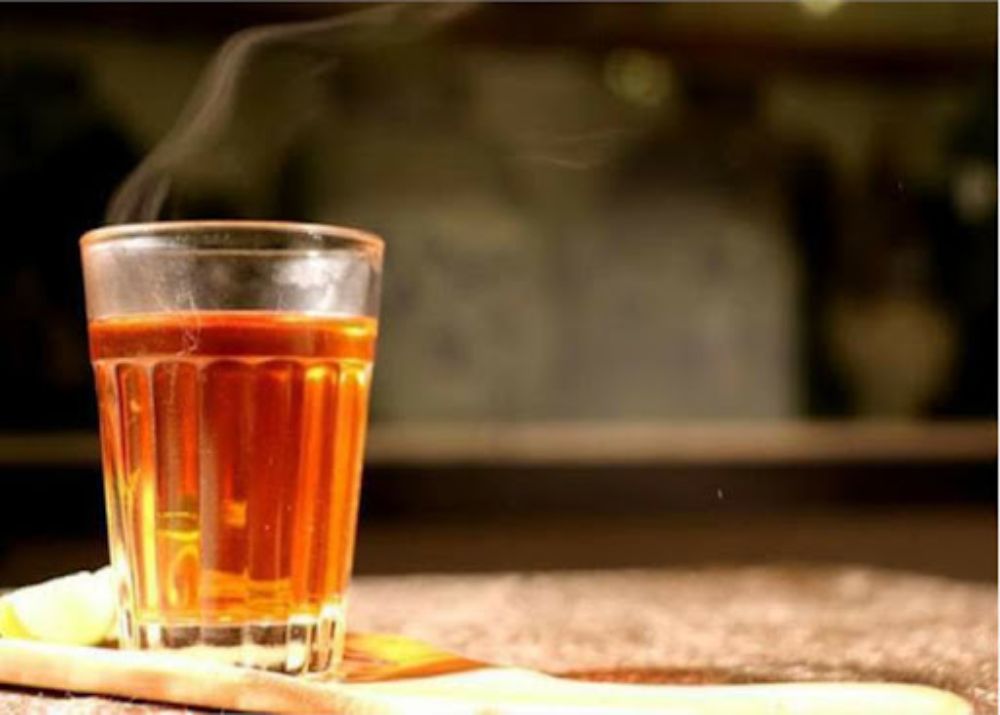Malappuram, the coastal region in Kerala, India, has been significantly shaped by the influence of Arab culinary traditions. Dating back to the historic Gulf migration, the infusion of Arab flavours, techniques, and ingredients has enriched Malappuram cuisine, creating a unique fusion that delights the senses and tantalises taste buds.

The historical connection between Kerala and the Arabian Peninsula dates back centuries, with Muslim traders introducing spices and culinary practices to the Malabar coast. Over time, these influences have merged with local ingredients and traditions, giving rise to a vibrant culinary fusion that celebrates diversity and heritage.
Malappuramr’s culinary evolution continues to be shaped by global trends and local innovations. While Arab-inspired dishes like shawarma and mandi have gained popularity, traditional Malabar cuisine remains deeply rooted in local ingredients and flavours. As chefs and home cooks experiment with new techniques and ingredients, the culinary landscape continues to evolve, reflecting the dynamic nature of cultural exchange.
Arab-Inspired Dishes in Malabar
One of the most noticeable impacts of Arab cuisine in Malappuram is the prevalence of grilled meats such as Shawaya, Al-faham, Arabic Kebabs, and Shish taouk. These succulent delights, often accompanied by various types of pathiri, have become immensely popular, reflecting the Arab penchant for robust flavours and grilled goodness. Shawarma, with its wonderful variations, has emerged as a ubiquitous street food, offering a taste of the Middle East in every bite.
Abundance of Salads and Sauces
Arabic salads like fattoush, tabbouleh, and an extended variant of malfouf salad have found their place in Malabar’s culinary landscape. These refreshing salads, along with flavorful sauces such as Salatra Hara, Shatta, Tahini, and Toum (garlic sauce), complement rice and grilled dishes perfectly, adding depth and complexity to the dining experience.
Seafood Extravaganza
Given its coastal location, seafood reigns supreme in Malappuram cuisine. Fresh prawns, crabs, and an array of fish varieties take centre stage, both in local recipes and festive occasions. While traditional preparations highlight the delicate flavors of the sea, festive gatherings often feature grilled and barbecued seafood, showcasing a harmonious blend of Arab-inspired techniques with local seafood treasures.
Celebrating with Whole Animal Roasts
In keeping with Arab Bedouin traditions, Malappuram’s festive occasions like Eid al-Fitr and Eid al-Adha are marked by the ritualistic butchering and preparation of whole animals, typically lamb or goat. Whether roasted or grilled, these communal feasts bring together family, friends, and the less fortunate, embodying the spirit of generosity and community inherent in both Arab and Malabar cultures.
Alisa: A Time-Honoured Porridge
A dish with deep roots in Arab culture, Alisa, a porridge made of wheat, meat, and cinnamon, holds a special place in Malappuram’s culinary traditions, particularly during the holy month of Ramadan. This hearty and nourishing dish, reminiscent of the Levantine hareesi, serves as a comforting staple that symbolises shared heritage and communal bonds.
Sulaimani: A Digestive Delight
Drawing inspiration from Arab traditions, Malappuram’s beverage culture embraces the aromatic allure of spiced teas like Sulaimani. Infused with warming spices and a hint of citrus, this digestive tea serves as the perfect post-meal indulgence, offering a soothing blend of flavours and a touch of hospitality.

The culinary inspiration of Arab cuisine in Malappuram is a testament to the rich tapestry of flavours and traditions that define the region’s gastronomic identity. From grilled meats to hearty porridges, sweet indulgences to aromatic beverages, each dish tells a story of cultural exchange and culinary innovation. As Malappuram continues to embrace its Arab influences while staying true to its roots, the dining experience remains a journey of discovery and delight, inviting food lovers to savour the best of both worlds.
